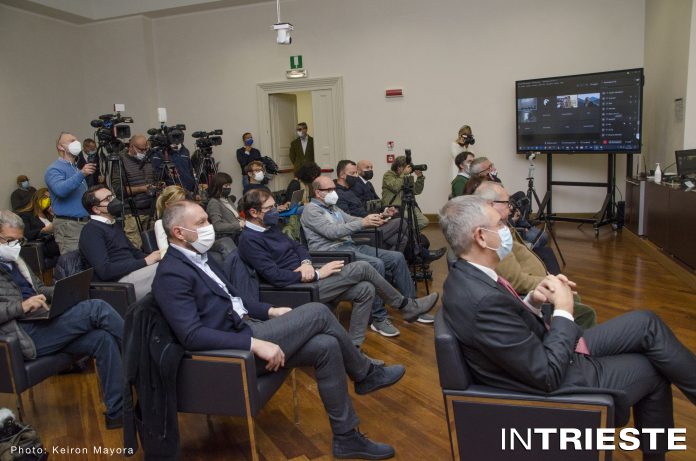by InTrieste
Italy’s right-wing government, led by Prime Minister Giorgia Meloni, has moved to permanently cancel unpaid fines issued during the COVID-19 pandemic to individuals who refused the country’s compulsory vaccine mandates. The decision, part of a broader legislative package approved on Monday, has reignited debates over public health and political priorities in the post-pandemic era.
The €100 fines, initially imposed on those over 50 who remained unvaccinated, will be annulled, and all pending legal proceedings tied to these sanctions will be terminated. While payments on these fines had been deferred year after year, the government’s latest decree effectively closes the chapter on pandemic-related penalties.
The measure is embedded within the annual “Milleproroghe” decree, a legislative tool often used to extend or conclude expiring policies. Critics argue that this move—in essence a fiscal and legal amnesty—is a populist gesture aimed at bolstering political support.
No Reimbursements for Paid Fines
Government officials clarified earlier on Monday that individuals who had already paid the €100 fines would not receive reimbursement, contradicting earlier reports suggesting that repayments might be included in the new legislation. This distinction has sparked outrage among those who complied with the mandates and paid their penalties.
Public Health Experts Decry Decision
The announcement drew sharp criticism from public health officials and advocacy groups. Nino Cartabellotta, president of the Gimbe public health think tank, lambasted the decision as a “counter-educational and disrespectful vote-catching amnesty.” He warned that the policy undermines the principles of collective responsibility that guided Italy’s pandemic response.
Context of the Vaccine Mandate
Under the administration of former Prime Minister Mario Draghi, vaccine mandates were introduced in 2021 for healthcare workers, teachers, and law enforcement officers. The policy was later expanded to include all residents aged 50 and older. Those who refused faced significant repercussions: public employees risked suspension without pay, while individuals over 50 were subject to the now-canceled fines.
Meloni’s government has sought to distance itself from what it describes as the “overreach” of prior administrations. However, critics contend that the cancellation of fines erodes trust in public health initiatives and may embolden vaccine skepticism at a time when global health agencies continue to monitor emerging COVID-19 variants.
The decision reflects a broader shift in Italy’s political landscape, where the legacy of pandemic policies continues to influence debates over individual freedoms, government authority, and public health priorities. For many, the canceled fines are emblematic of unresolved tensions over how to address the pandemic’s far-reaching impacts.






























